My high school swim coach, Coach Karns, taught me one of the most powerful lessons I have ever learned – even though it didn’t feel like it at the time. Between sets, when we were all sucking air, he would say, “Your body can do more than it thinks it can.” In the beginning, I disagreed. My muscles felt like they couldn’t possibly do any more than they already were. Yet, my teammates and I would keep going. Coach was right every single time. Eventually, I believed him.
This mindset became invaluable when I experienced significant health challenges in my mid-20’s. I went from running a half marathon to barely being able to stand up on decent days and my very worst days I taught from my wheelchair… all within the span of one year.
Let me be clear: I was not in my wheelchair very often, less than 10 times?, but I did need it on my worst days. How did I go from a healthy, newlywed, running a half marathon, and hiking a mountain in Montana to barely being able to function within a year? At the time, it was a mystery that even the doctors couldn’t figure out.
Coach’s words became my daily mantra, “My body can do more than it thinks it can.” All day long, I repeated those words to help me function to the best of my ability. I planned my day to make it easier to get through it. Coaching myself. Encouraging myself. All of this, of course, I was doing in my own head. Nobody knew the mental gymnastics I had to perform just to keep going each day and continue teaching my students.
By the end of the day, I was completely spent. Some nights, I could slowly walk up the stairs; most nights I crawled; and on the hardest nights, my husband gently carried me.
I strongly believe our mindset (our attitude and perspective) is the most powerful tool we have to live the highest quality of life possible. This time period of my life was one of the hardest I have experienced. Yet, I can’t imagine how much harder it would have been if my mindset was negative.
There have been times I have been teased for being an optimist. (Side note: optimists are also realists. They are simply realists who find the silver lining.) I typically respond with a laugh, “Being an optimist makes life better.”
How do I know this besides the fact that I live it? There’s something called the Reticular Activating System within our brainstem. It has several functions, and one of them is this –

A quick activity you can do right now is to find all the red items around you. Only look for red items. Count how many you can find.
How many blue items did you see? Your answer off the top of your head should be zero because you were only looking for red. Yes, there are probably blue items around you, but you told your brain to search for red and all shades of red were inevitably seen.
Consider what you tell your brain to see around you. Do you find the negatives in other people? Do you find the positives? How about within yourself? What do you tell your brain to find within yourself?
If want to learn more about the Reticular Activating System (RAS), you can check this out: RAS
The challenging part about our RAS is so much of what we think is subconscious. If you discover that you’re finding more negatives than positives, you have to make a conscious effort to “rewire your brain.”
Still not convinced that being an optimist is important? Check out these articles:
The Science of Optimism and Longevity
You may naturally go towards seeing the bad first, but you can make a conscious effort to find the silver lining, seek solutions as needed, and practice gratitude each day. Even on tough days, taking a moment to reflect on what you’re thankful for can help rewire your brain toward optimism.
What you choose to see, you will see more of it has been a guiding principle in all of our lives – whether we knew it or not. There have always been awful things happening in the world, and there have always been good things happening in the world. Both are true. It’s important to fight the bad and multiply the good. However, to keep your energy up, stay grounded, and live your best life, I hope you choose to see more good in the world and within yourself. Your well-being and health depend on it.
Want to learn more about this mindset and my story? Check out this: Diary of a Dreamer Podcast episode

